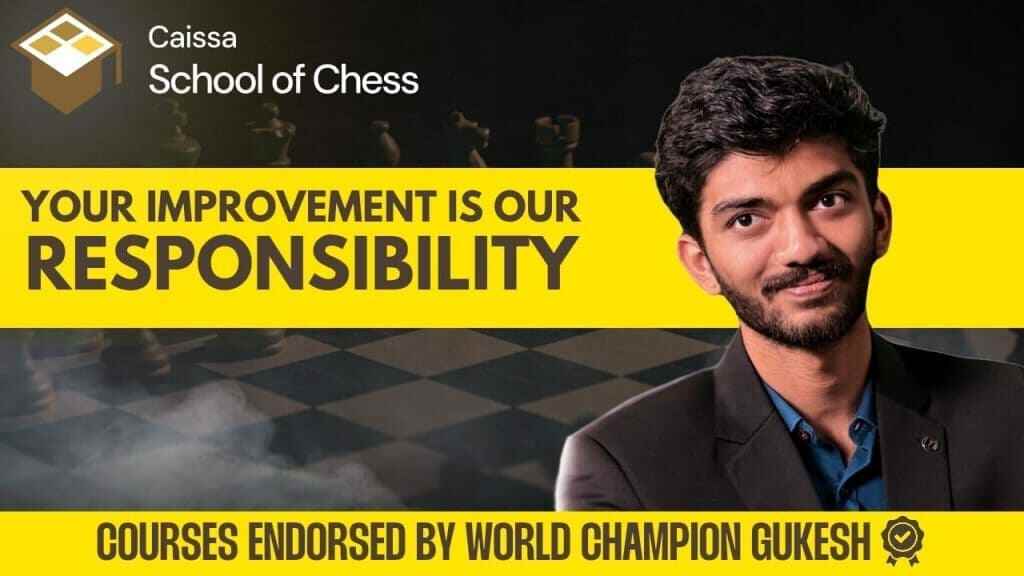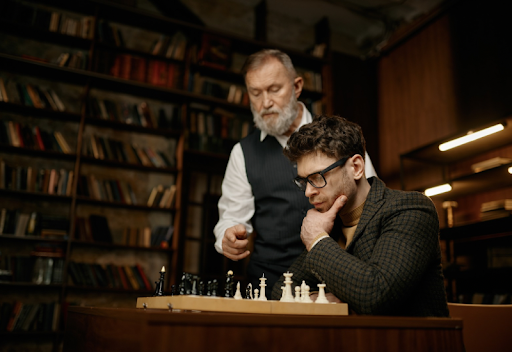When choosing a chess coach, the right qualities are essential.
11 Tips To Choose The Right Chess Coach
- Professionalism and Sincerity Over Financial Motivation
- Accomplished Background and Proven Results
- Cost Efficiency: Balancing Cost per Hour with Cost per Rating
- Suitability for Your Level
- Full Attention and Engagement
- Avoid Overloaded Coaches
- Seek Coaches Who Are Problem-Solvers
- Prioritize Personalized Training Methods
- Find Interactive and Unique Learning Experiences
- Align Your Ambitions
- Personal Coaching Experiences and Lessons
Professionalism and Sincerity Over Financial Motivation
A great chess coach prioritizes your progress and development over financial gain. Their professionalism is evident in well-planned lessons, clear communication, and focused guidance.
Accomplished Background and Proven Results
Seek coaches with strong credentials, such as high FIDE ratings or tournament successes, and a proven history of improving students’ performance. Experience and results are more important than titles.
Cost Efficiency: Balancing Cost per Hour with Cost per Rating
Focus on cost efficiency. A coach who offers measurable improvement at a reasonable price provides better value than an expensive coach with minimal results.
Suitability for Your Level
Choose a coach who specializes in teaching players at your skill level. A beginner-to-intermediate coach may be more effective than a high-profile grandmaster unfamiliar with your learning needs.
Full Attention and Engagement
Your coach should provide personalized, focused instruction. Avoid those who are overcommitted or distracted during sessions.
Avoid Overloaded Coaches
A coach juggling too many students may not give you the focus and personalized attention you deserve. Ensure that your coach has the time and energy to dedicate to your lessons.
Seek Coaches Who Are Problem-Solvers
Instead of generic lesson plans, look for someone who creates personalized strategies that focus on the areas where you need the most improvement.
Prioritize Personalized Training Methods
Avoid one-size-fits-all approaches. Each chess player has a unique style and learning curve, and a good coach will adapt their methods to suit your specific needs, whether it’s focusing on openings, middlegame strategy, or endgames.
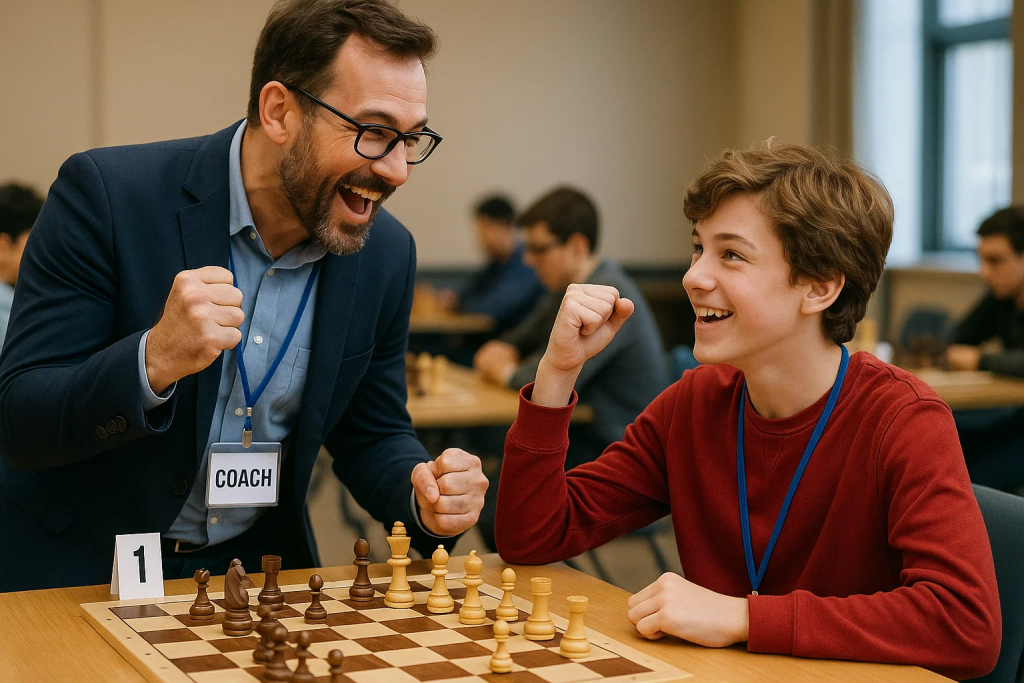
Find Interactive and Unique Learning Experiences
Chess is not just about memorizing moves. Great coaches make learning interactive, incorporating live analysis, practice games, puzzles, and discussion to keep you engaged.
Align Your Ambitions
Define clear goals, such as improving your FIDE rating, mastering specific openings, or enhancing tactical skills, to identify a coach with the right expertise. Research and create a list of potential coaches by reviewing their profiles, ratings, and feedback from previous students.
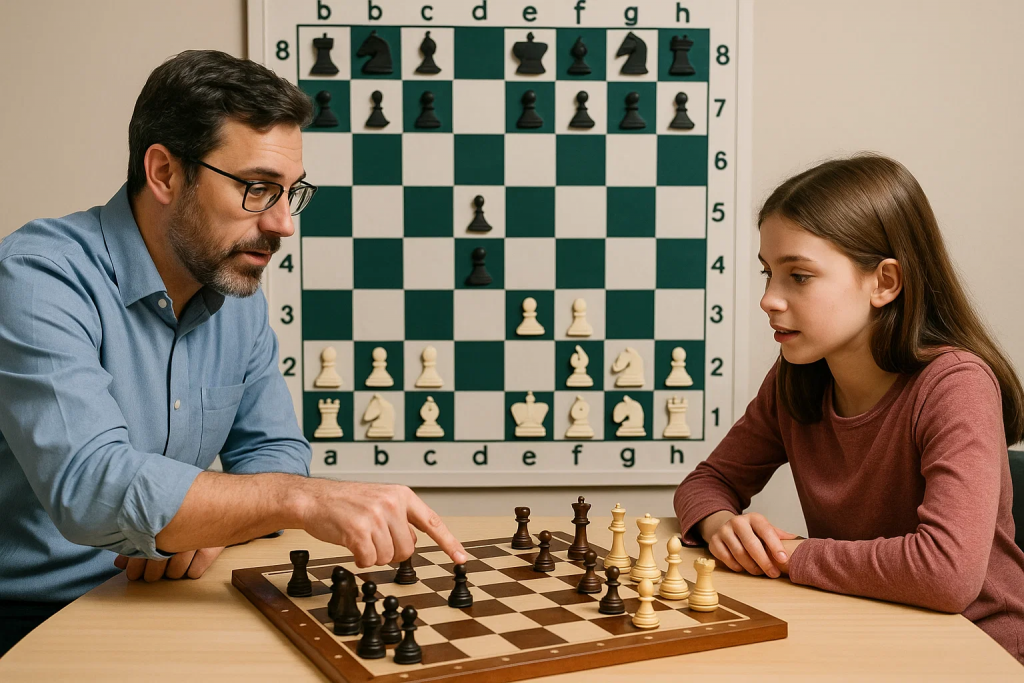
When reaching out, communicate your expectations, goals, and availability clearly to determine compatibility. Schedule a one-on-one trial lesson or call to assess their teaching style, personality compatibility, and understanding of your needs. Begin with a few trial sessions to evaluate the effectiveness of the coaching relationship before committing to long-term lessons.
Personal Coaching Experiences and Lessons
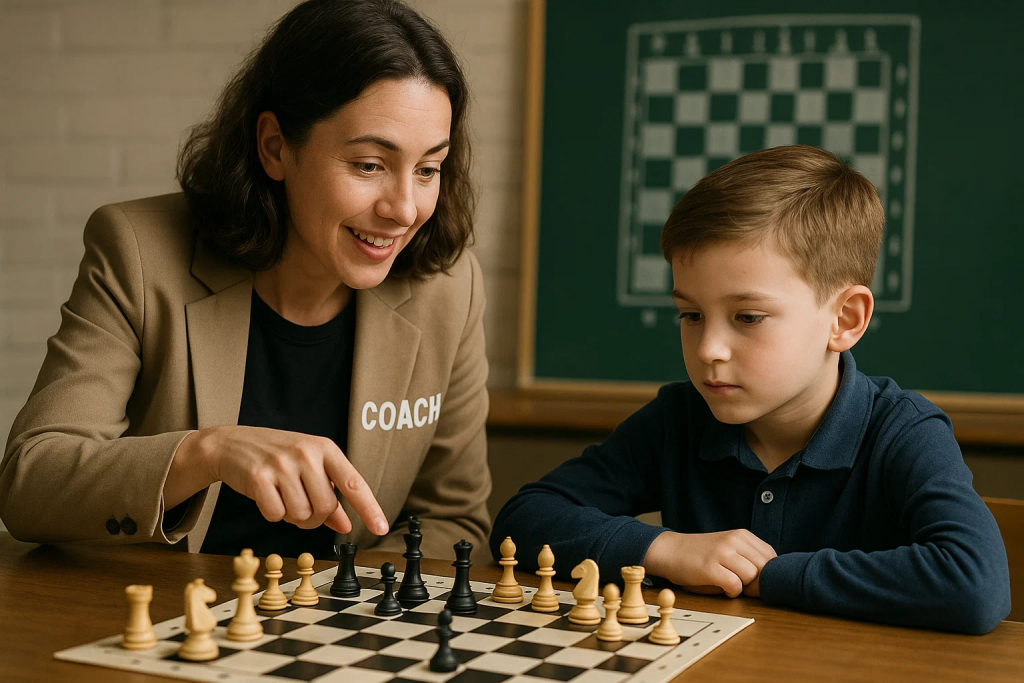
A coach’s experience working with diverse students equips them to identify individual needs, offer customized advice, and create strategies tailored to each learner. Experienced coaches working with diverse students can identify individual needs, offer tailored advice, and create effective strategies. Their teaching experience often outweighs playing credentials, allowing them to simplify complex concepts and adapt lessons to match learning styles.
Enjoyment and personality compatibility with a coach enhance engagement and motivation. If progress stagnates, switching coaches can help reignite growth, and supportive coaches prioritize your advancement, even by referring you to others.
Frequently Asked Questions
- What are the Pros and Cons of Group vs. Individual Sessions?
Group sessions can be great for learning general concepts, but individual lessons offer focused attention on your personal weaknesses. Consider your learning style when choosing between group and individual coaching.
- What are the Potential Benefits and Risks of Working with Multiple Coaches?
Having multiple coaches can offer a diverse range of perspectives but may also lead to conflicting advice. If you opt for this, make sure there’s a clear plan for integrating their lessons.
- How and When Can I Negotiate Coaching Fees?
If you’re committing to a long-term coaching arrangement, don’t hesitate to negotiate fees. Many coaches are willing to offer discounts for multiple lessons or long-term engagements.
- How Do I Balance Credentials with Reputation?
Credentials are important, but don’t overlook a coach’s reputation. Read reviews, check for proven success stories, and ensure they’re well-regarded within the chess community.
- Do Coaches Practice Continuous Self-Improvement for Coaches?
Great coaches continually refine their teaching methods, stay updated with new strategies, and adapt to changes in the game. When evaluating a coach, ask them how they stay engaged in self-improvement.
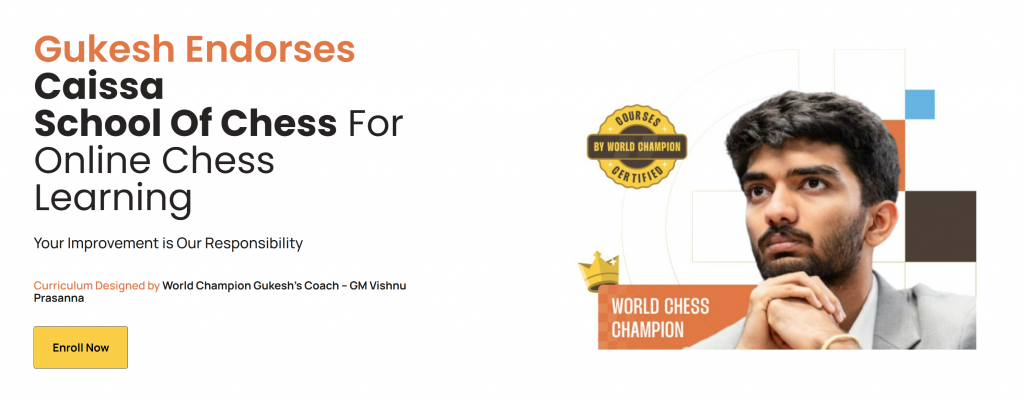
When selecting the best chess coach, qualities like professionalism, proven success, and tailored teaching are key to finding the right fit. Caissa School of Chess stands out by embodying all these elements, offering passionate coaches dedicated to your development. With grandmaster-level tutors who focus on personalized attention and creating tailored lesson plans, Caissa School of Chess ensures that you get the best balance between cost efficiency and skill improvement.

